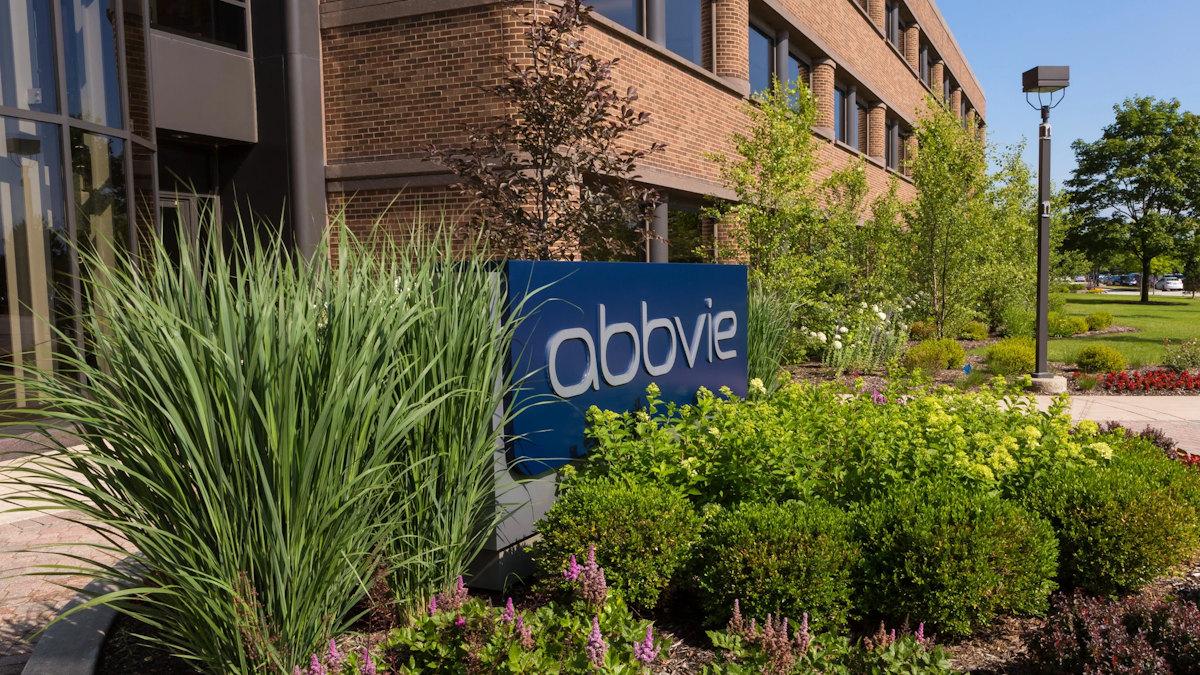AbbVie bags first approval for cancer ADC Emrelis

AbbVie has claimed its first regulatory approval, from the FDA, for its C-met-targeting antibody-drug conjugate (ADC) Emrelis as a treatment for a type of lung cancer.
The US regulator cleared Emrelis (telisotuzumab vedotin, formerly Teliso-V) as a second- or later-line treatment for patients with relapsed or refractory non-squamous, non-small cell lung cancer (NSCLC) whose tumours over-express c-Met, becoming the first drug specifically approved for this patient group.
The c-Met protein is thought to be both a driver of cancer itself and a resistance mechanism that tumours can develop to protect them from some widely-used NSCLC therapies, including EGFR inhibitors, and is present in around 25% of EGFR-wild-type NSCLC cases.
Under its approved label, Emrelis is an option for patients in whom at least 50% of tumour cells stain strongly for the biomarker, a group that accounts for around half of all c-Met-positive NSCLC patients. The FDA has also approved a companion diagnostic from Roche that can be used to identify patients eligible for treatment with the ADC.
"People with c-Met overexpressing NSCLC have poor prognosis and limited treatment options, and Emrelis is a first-in-class ADC that can address a critical unmet need for this patient population," said Jonathan Goldman of the University of California, Los Angeles (UCLA)m who was involved in the clinical trials of the drug.
The FDA's accelerated approval – which will need a confirmatory study to become permanent – comes on the back of the 233-subject phase 2 LUMINOSITY study, which showed a 35% overall response rate (ORR) in the high c-Met expressers and a median duration of response (DOR) of 7.2 months. That data earned Emrelis a breakthrough designation from the FDA in 2021.
Meanwhile, a phase 3 trial called TeliMET-NSCLC-01 that could serve as a confirmatory trial is already underway, and is comparing Emrelis as a monotherapy to chemotherapy with docetaxel in c-Met-positive, non-squamous NSCLC, in patients both with and without other gene mutations, including EGFR and ALK. It is also testing the drug in colorectal cancer and other solid tumours.
The drug is the first of AbbVie's ADC candidates – which stem from its $5.8 billion takeover of Stemcentrx in 2016 – to be approved for marketing. So far, a launch date and pricing have not been disclosed.
Several c-Met-targeting drugs have already reached the market – including Novartis' Tabrecta (capmatinib), Merck KGaA's Tepmetko (tepotinib), and Hutchmed's Orpathys (savolitinib) – although these target a specific c-Met mutation (Metex14) that only affects around 3% to 4% of NSCLC patients.
Another recent entrant is Johnson & Johnson's Rybrevant (amivantamab), a bispecific antibody targeting c-Met and EGFR, which is currently approved for EGFR-mutated NSCLC only.
Analysts have suggested that its relatively broad application in c-Met NSCLC could allow Emrelis to achieve sales in excess of $1 billion a year.
Taps ADARx for siRNA pipeline
Also this week, AbbVie extended its R&D portfolio with the signing of an agreement with ADARx Pharma that gave it options on multiple small interfering RNA (siRNA) candidates for oncology, immunology, and neuroscience indications.
The deal included a sizeable $335 million upfront payment and could be worth "several billion dollars" if all the candidates make it through development and onto the market, according to an AbbVie statement.












